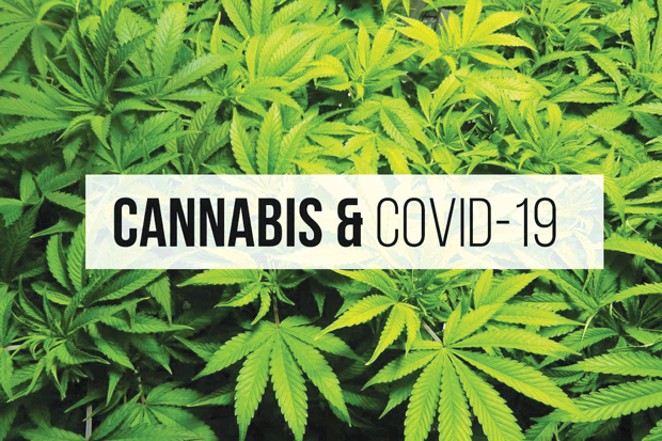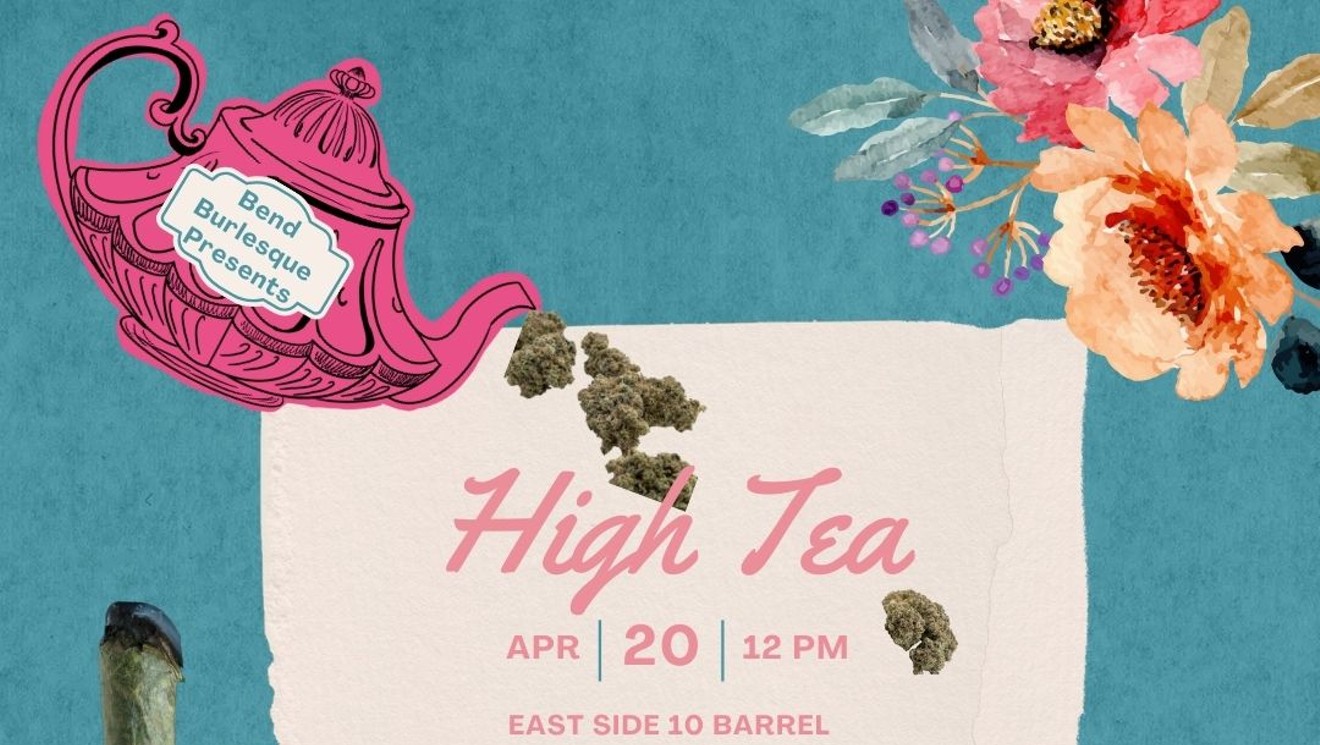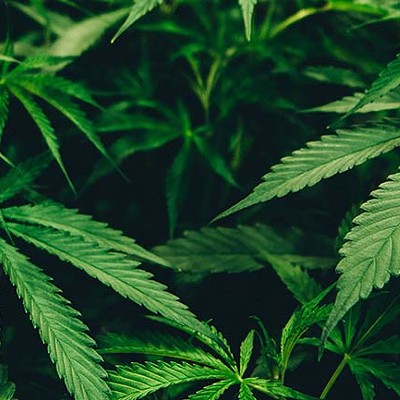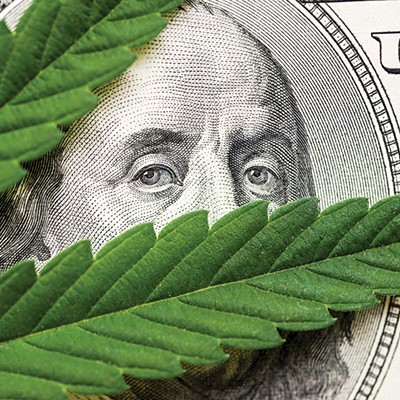A new weapon to fight COVID-19 may have been uncovered by researchers at Oregon State University and Oregon Health & Science University this month.
Richard van Breemen, a professor at OSU's College of Pharmacy and the Linus Pauling Institute, released a study published Jan. 10 in the "Journal of Natural Products," which demonstrates how certain hemp molecules can bind to the SARS-CoV-2 spike protein (the pinhead-looking molecule we have all seen in news graphics for 23 months) and potentially prevent the virus from entering human cells and causing infection.
"It's the same general mechanism by which the vaccines work," van Breemen explained. "There is a specific interaction between the coronavirus spike protein and human receptors. Antibodies (resulting from vaccines) stop that interaction."
The Pfizer-BioNTech and Moderna vaccines against COVID-19 are made from "messenger" RNA molecules, which teach our cells how to make a protein that will trigger an immune response inside our bodies. That immune response is then activated when the real COVID-19 virus enters our bodies. Our body is then better prepared to fight the virus.
Van Breemen soon determined that there were signs that certain small hemp molecules could do functionally the same work by binding to the spike protein and blunting the protein's ability to bind to human cells.
"We hypothesized that small molecules, maybe from plants, could carry out the same prevention-type interaction," he said. "We looked for molecules with affinity to the spike protein."
Van Breemen, along with Ruth Muchiri, research & development lab manager at the Linus Pauling Institute, invented a chemical screening technique that allowed them to identify the promising molecules that are the subject of their study. They had been hard at work since late 2020, seeking grants and testing the efficacy of hemp molecules and their interaction with the virus. Van Breemen says they screened numerous botanicals that are used as dietary supplements.
Much to the chagrin of science-minded stoners, psycho-active cannabis (tetrahydrocannbinol or “THC”) did not seem to have the same effect in stopping the virus.
tweet this
The Global Hemp Innovation Center in Corvallis made hemp extracts available to van Breemen and Muchiri, who isolated numerous candidates before identifying two promising small hemp molecules. The pair then sent their promising research to a "level 3" containment lab at OHSU in Portland, run by Dr. Fiakadu Tafesse. Level 3 labs are used to study potentially dangerous or even lethal viruses that are transmitted through the air. These labs take enormously complicated and expensive measures to prevent viruses from escaping.
Dr. Tafesse and four other individuals at OHSU then did functional testing with the virus in their secure laboratory. Together, scientists at OHSU and OSU determined that two hemp compounds—cannabigerolic acid (CBGA) and cannabidiolic acid (CBDA)—were effective at halting the COVID spike protein from binding to human cells. Soon after, the team felt the findings warranted publication.
At a time when COVID's Omicron variant is shutting down schools and workplaces and overloading hospitals, the news set off a small media firestorm. Professor van Breemen hardly minds.
"I'm having the most fun in my career at this point," said van Breemen, who began his work in academia as a post-doctoral fellow at Johns Hopkins in the 1980s.
Hopeful as the news may be, the Omicron variant of the virus is currently 95% of new infections in the United States. And there is a paucity of evidence as to whether CBGA and CBDA can bind to all variants of SARS CoV-2.
"As far as we tested, they only affect the (Alpha and Beta) variants," van Breemen noted.
Could it fight Omicron and Delta?
"I hope," van Breemen said. "Antibody therapy is hit or miss. Some work, others might not. There are chances these small molecules (of hemp) are less effective (against Delta or Omicron)."
Much to the chagrin of science-minded stoners, psycho-active cannabis (tetrahydrocannbinol or "THC") did not seem to have the same effect in stopping the virus.
"In our screening essay, we were able to screen a large number of cannabinoids," van Breemen said. "In our binding study, THC did not bind." Indeed, fact-checking stories on the Internet have already sprung up, warning consumers that no one is claiming that smoking weed will cure COVID.
When asked whether psycho-active cannabis being a controlled substance affected his ability to test it, van Breemen indicated it did not. "Our method is so sensitive, we can test with extremely low levels (of THC)," he said.
Van Breemen says he hopes that clinical trials will not be far away now that the study is published. There are, of course, products already on the market that contain the CBGA and CBDA molecules. While he would not recommend specific products, van Breemen did suggest that consumers get a little bit more curious about what their hemp/CBD products contain.
"I would suggest that folks check the list of ingredients to check for CBDA and CBG," he said. "Look up certificate of analysis. And always consult a health care provider."






















